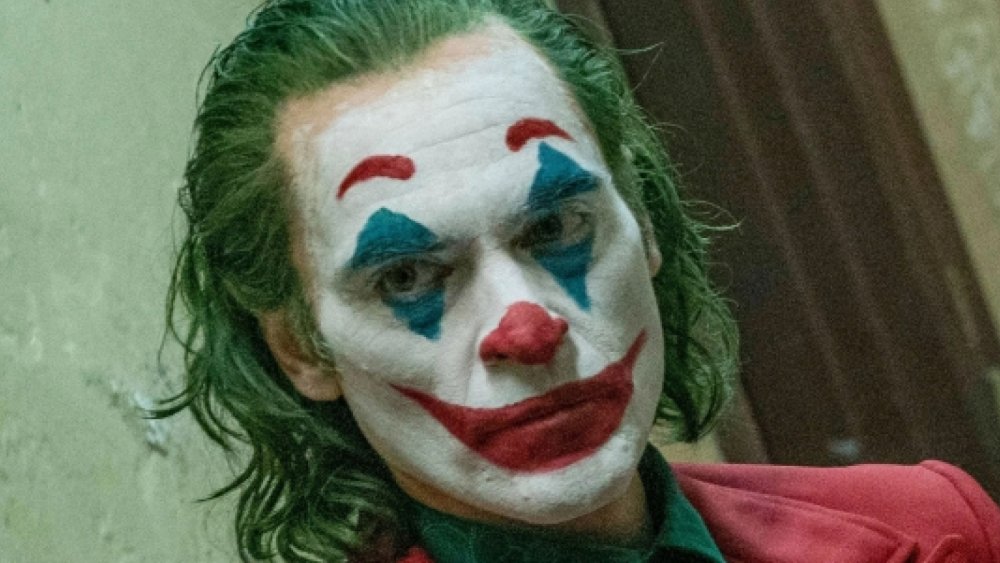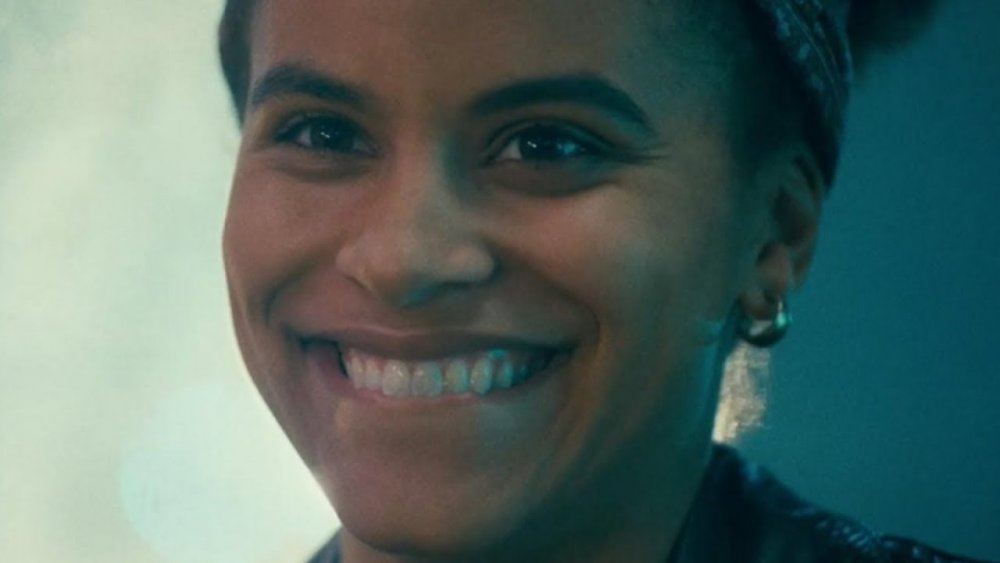Joker Director Reveals The One Theme That We All Missed
Director Todd Phillips says that if you want to zero in on the main theme of Joker, you must look at what's missing.
In the director's commentary for the home release of the Golden Globe-winning film, Phillips asserted that running through it is a theme that the audience may be forgiven for missing: the power of kindness (via CinemaBlend).
Let us rephrase that: we would forgive you, but Phillips might not. The director is prone to making pretty sweeping statements about Joker, and his remarks about its theme are certainly no different.
"If I had to drill down on one overarching theme for me, it's about the power of kindness and a lot of people miss that," he said. "I think if you don't see that you either don't have a soul, or you're being reductive to make up for your own struggles in that area. But, really, to me, that's where it started from and there are other things in the movie like lack of love, the lack of empathy in society, and childhood trauma, but the power of kindness really runs through this film."
That, er, doesn't seem like a very kind statement with regard to Joker's legions of fans who may not have picked up on this theme, but we'll give Phillips the benefit of the doubt. What we're pretty sure he was trying to say is that it should be obvious that kindness was something distinctly missing from the life of Arthur Fleck, and that if this had not been so, the guy might have turned out very differently.
How do Arthur's delusions fit in with this theme?
While Phillips' assessment might seem like a bit of a stretch, his stated theme of Joker becomes a bit clearer if you look at those sequences in which Arthur suffers from delusions. This happens early and often, the first instance being his fantasy of interacting with and being called up onstage by talk show host Murray Franklin (Robert De Niro) as he watches his show on television. Murray shows Arthur respect and admiration, two things that it's safe to say he is never shown by virtually anyone else in his life.
Arthur's craving for kindness is made even more explicit by his imagined relationship with Sophie (Zazie Beetz), which is presented for much of the film as if it's really taking place. It's only revealed to be all in Arthur's head toward the end of the movie, right before he goes on a murderous tear during which he kills his mother Penny, Murray (on live TV), and his former co-worker Randall.
It's easy to see how Arthur's delusions pointed out an absolute craving for kindness and validation, and one could even point to the fact that he leaves another co-worker, Gary, unharmed (because Gary had shown him a glimmer of kindness in the past) as being illustrative of this theme. It's not often that a filmmaker will attempt to guide us to what he believes is important by providing us with a view of the world in its complete absence — but then, Joker is not exactly an ordinary film.

